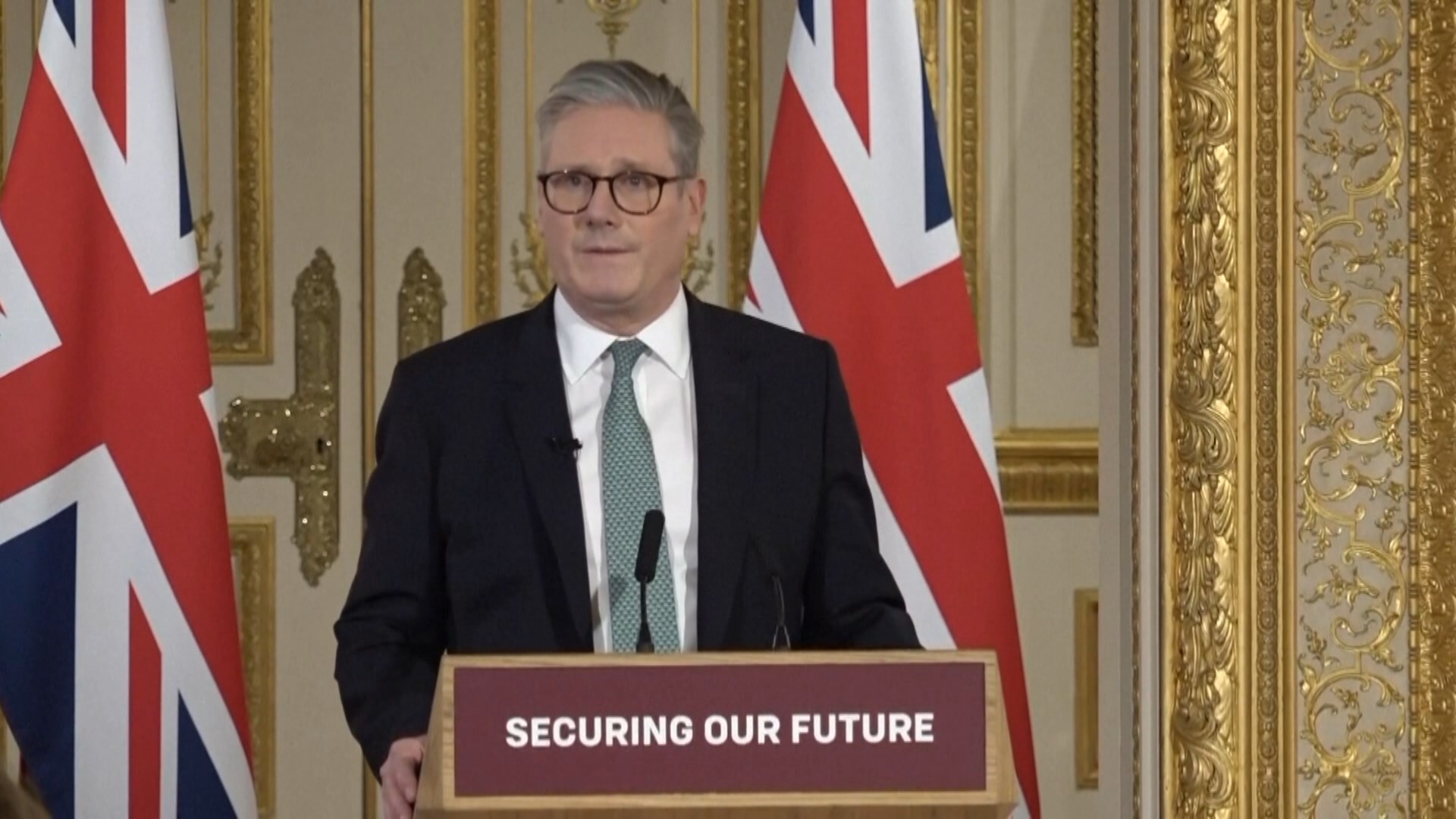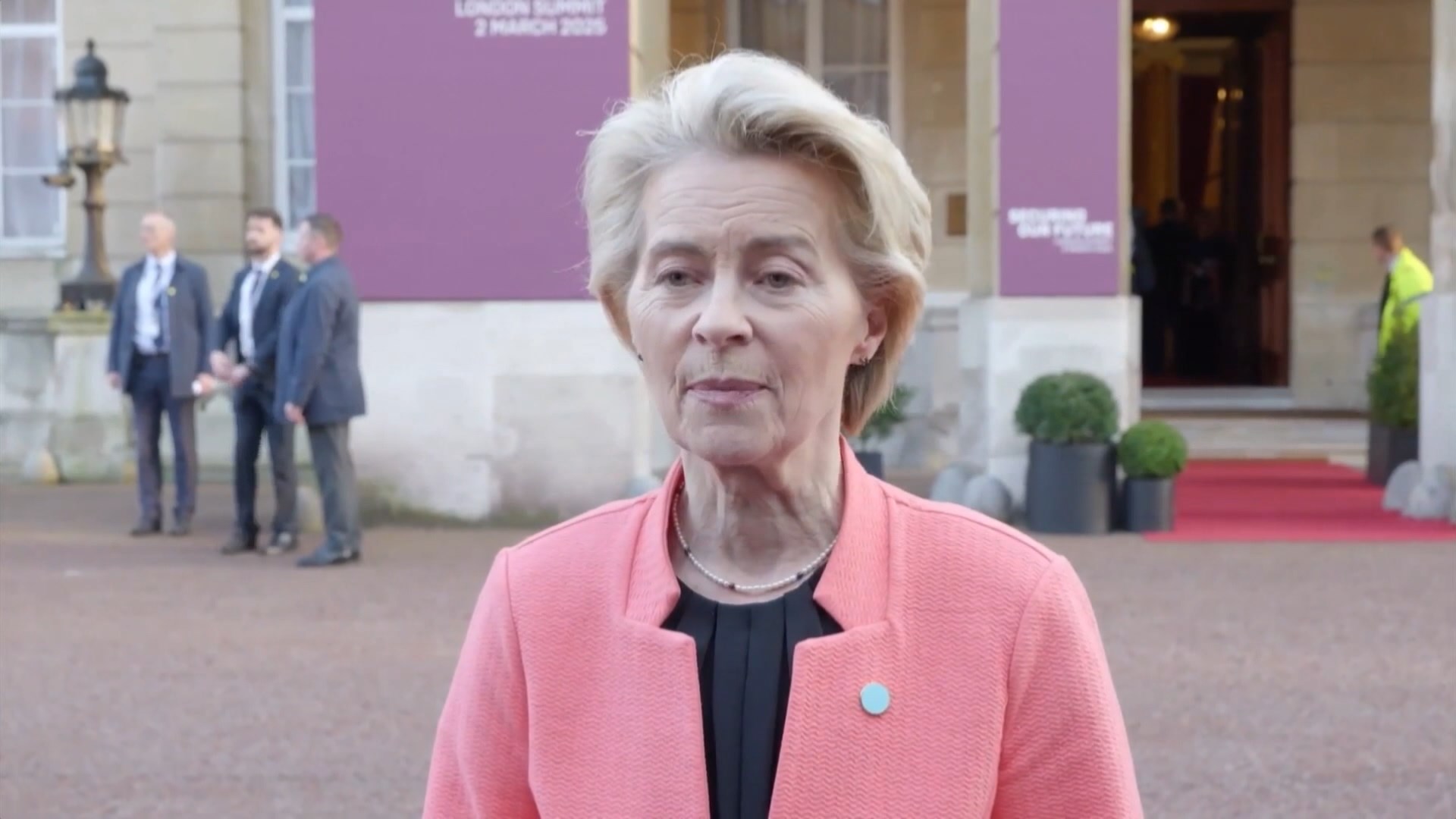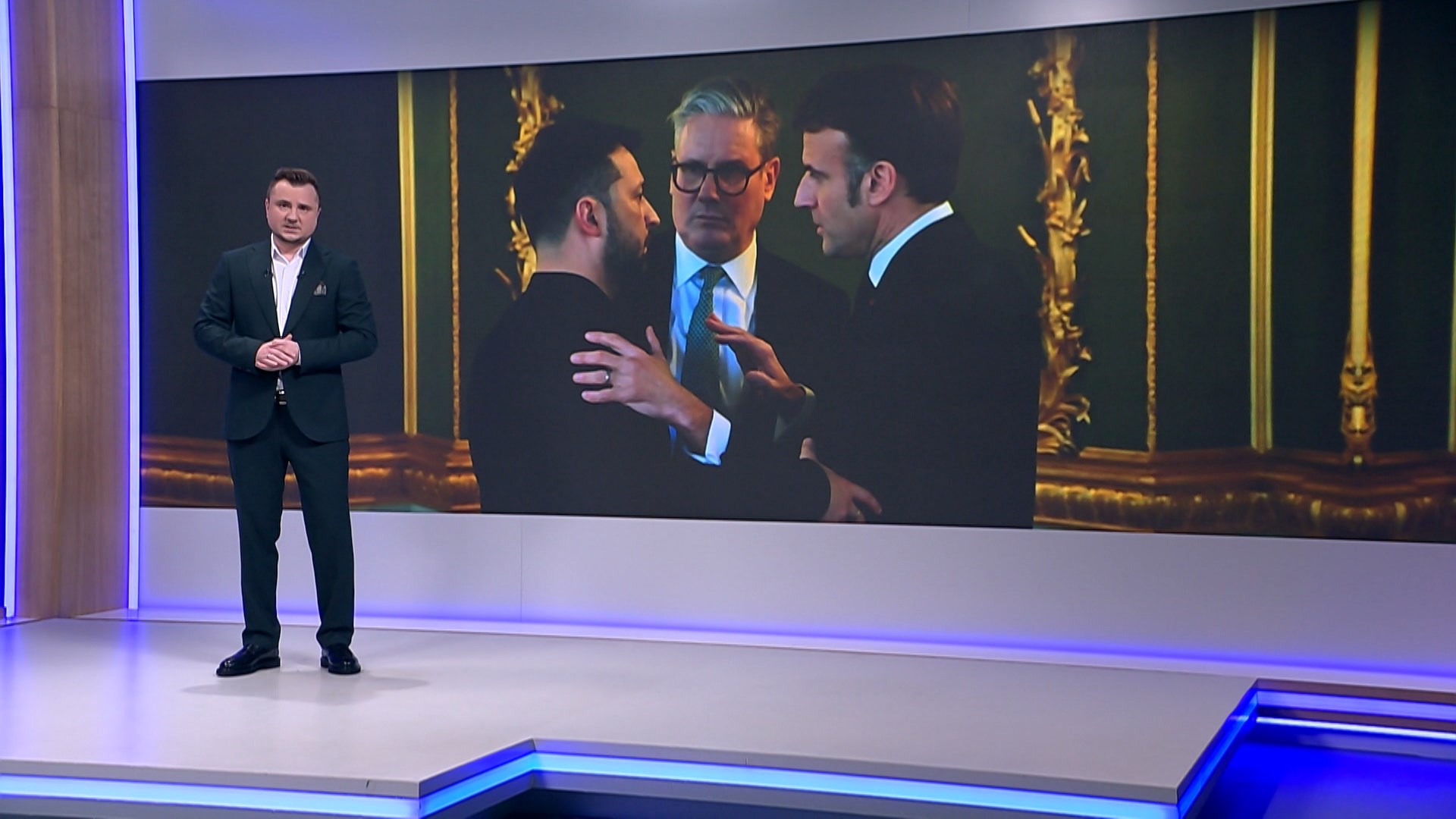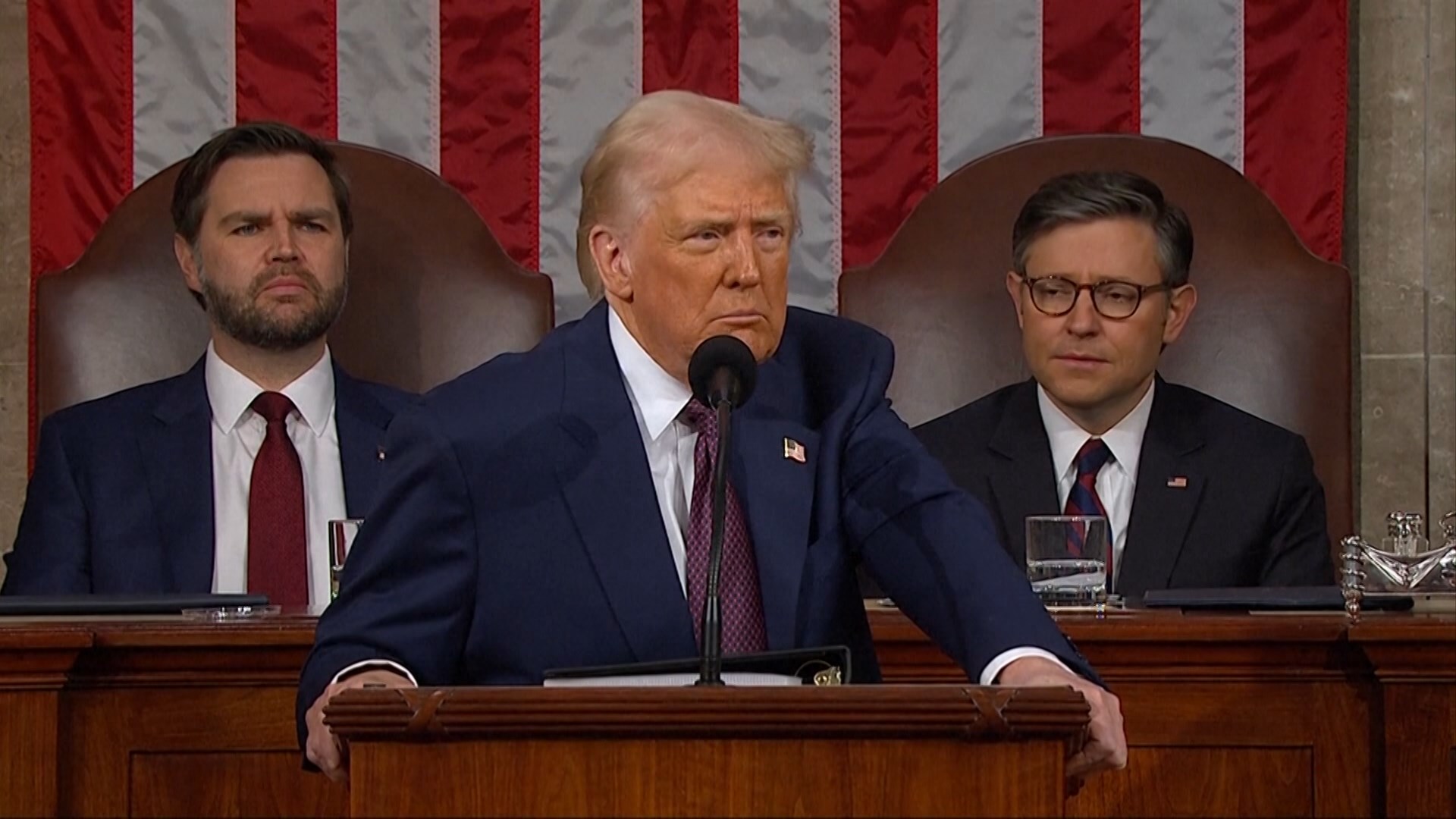3.68 BYN
2.96 BYN
3.41 BYN
What Prompted Europe to Shift Its Rhetoric Regarding Ukraine?
The current U.S. administration's pivot in its approach to Kiev has sparked an extraordinary level of activity across the Old Continent - one moment ready to support Ukraine until victory, the next speaking of an imminent peace. However, these attempts to display any semblance of unity have paradoxically revealed a deep rift.
An increasing number of countries are reluctant to fund the Kiev regime, especially with the looming threat of not just an absence of American aid but also the imposition of trade tariffs by the U.S., which would severely cripple an already faltering European economy.
Previously, Zelensky approached with outstretched hands, but now, following his humiliation in Washington, he seems to have assumed the role of the "king of the downtrodden," embarking on a tour to London without taking a breath. This endeavor makes sense, as there was a whole gathering of "friends of Ukraine," who would say nothing negative about him, but rather shower him with praise, albeit insincerely and tainted by their own self-interest.
Keir Starmer, Prime Minister of the United Kingdom, stated:
"We have agreed on several important steps. First, we will continue military operations and increase economic pressure on Russia to strengthen Ukraine. Second, we agree that a durable peace must ensure the sovereignty and security of Ukraine, and it must be at the negotiating table. Third, in the event of a peace agreement, we will continue to bolster Kiev's defense capabilities to prevent any future invasion. Fourth, we will continue to develop a coalition that will defend the agreement in Ukraine and guarantee peace."

Ursula von der Leyen: "We must position Ukraine as a power so that it has the means to strengthen and defend itself, transitioning from economic survival to military resilience. Essentially, this turns Ukraine into a steel porcupine, indigestible to potential invaders, and thus not only focuses on military supplies but also on ensuring energy security and making this country strong and viable over time."

Yet what plans can the European Union genuinely claim to have when it is itself experiencing far from the best of times? While Washington can always turn on its money printing press, Brussels cannot afford such luxury. Moreover, who said that they are prepared to move from words to action? The unexpected revelation came from NATO Secretary-General Mark Rutte - the very organization that largely relies on the U.S.
"The Americans rightly say, 'Well, first we need a peace agreement,' and I understand that. But at the same time, we must ensure that when a deal is made, we are ready, and Europe will play a significant role in guaranteeing that the agreement and peace can be maintained," Rutte declared.
Thus, it seems that each of the attendees at this legendary meeting spoke of peace, but from their own vantage points. And here's the catch - the loudest voices among them were France and the United Kingdom. These were the very nations that recently bowed to Trump, where they were clearly made aware that their services were no longer needed.

According to Keir Starmer, the United Kingdom will play a leading role, utilizing ground forces and aerial assets if necessary and alongside others. Europe is doing the heavy lifting in maintaining peace on the continent. However, to succeed, these efforts must also receive robust support from the U.S.
The remarkable activism from those who just yesterday demanded war to the last Ukrainian raises questions: What if the exchange between Trump and Zelensky in the Oval Office was not spontaneous? What if this is part of a clear plan in which the Ukrainian leader reluctantly agreed to a deal with London and Paris to secure personal guarantees of safety that Washington is unwilling to provide?
"We are very far from an agreement on ending the war, and no one has taken all these steps yet. The peace we envision for the future must be just and, most importantly, sustainable," Zelensky remarked.
These games of peace without peace could persist for a long time if a catalyst hadn't arrived from the U.S. Once the Trump administration paused military aid to Ukraine and began talking about a change in the Kiev regime, the rhetoric changed dramatically. Suddenly, Europe deflated, and Zelensky awkwardly attempted to apologize for his boldness, but just in case, he made a phone call to London - perhaps to seek a blessing.

"I received an important letter from Zelensky. It states that Ukraine is ready to sit at the negotiating table to expedite a durable peace. No one wants peace more than the Ukrainians. My team and I are ready to work under the strong leadership of President Trump to achieve durable peace," quoted Donald Trump. "We truly appreciate how much America has done to help Ukraine maintain its sovereignty and independence. As for the arrangement on mineral resources and security, Ukraine is ready to sign it at your convenience."
In general, both the bluff and the coercion from Europe have once again failed. They seem to have forgotten that, in this story, it's not just about pressuring Washington but also about considering Moscow's interests. Today, those interests are far more important to the U.S. than Brussels's desires. However, for good measure, London and Paris reported that they would be pleased to head to negotiations with Trump alongside Zelensky.















